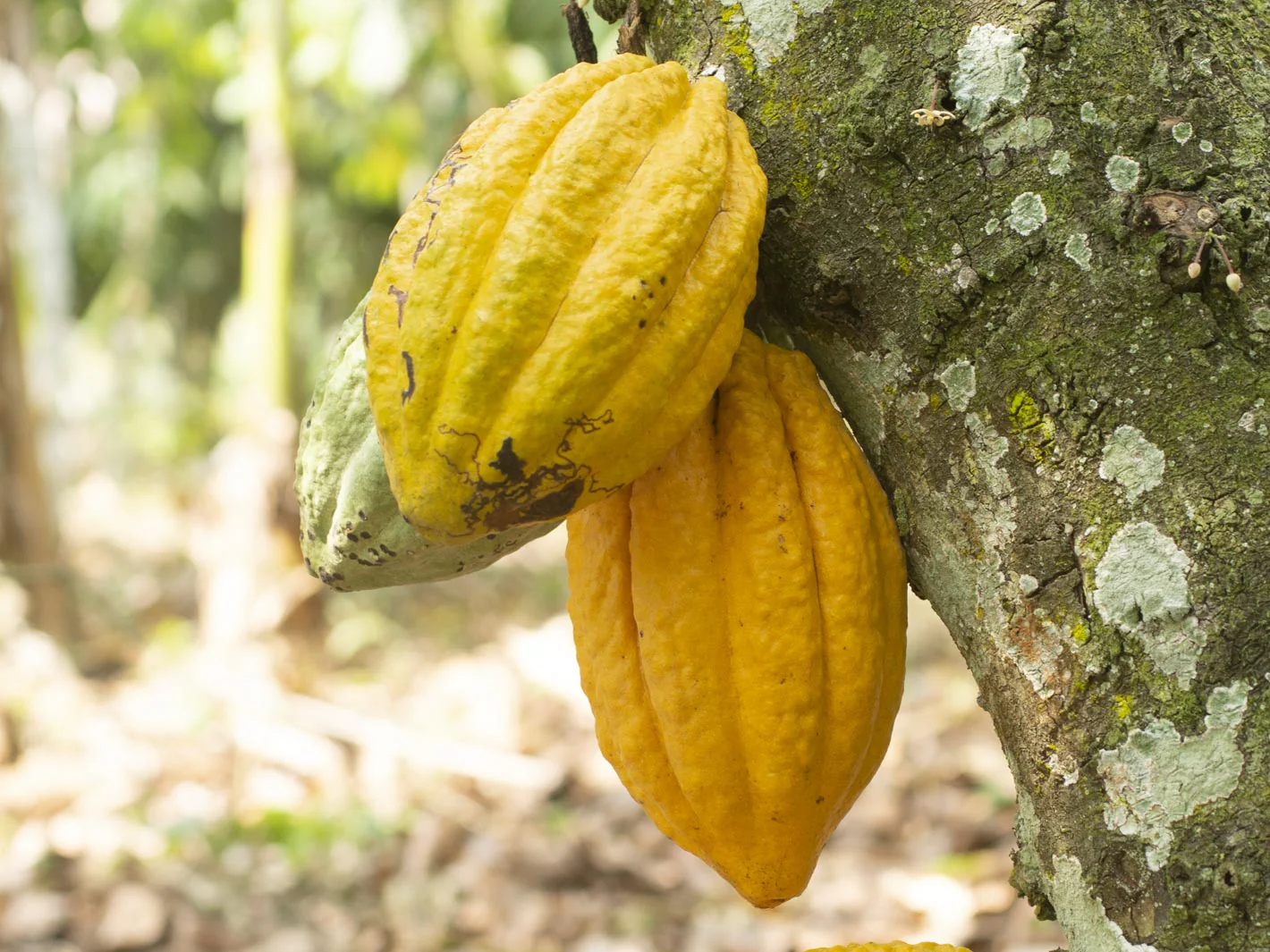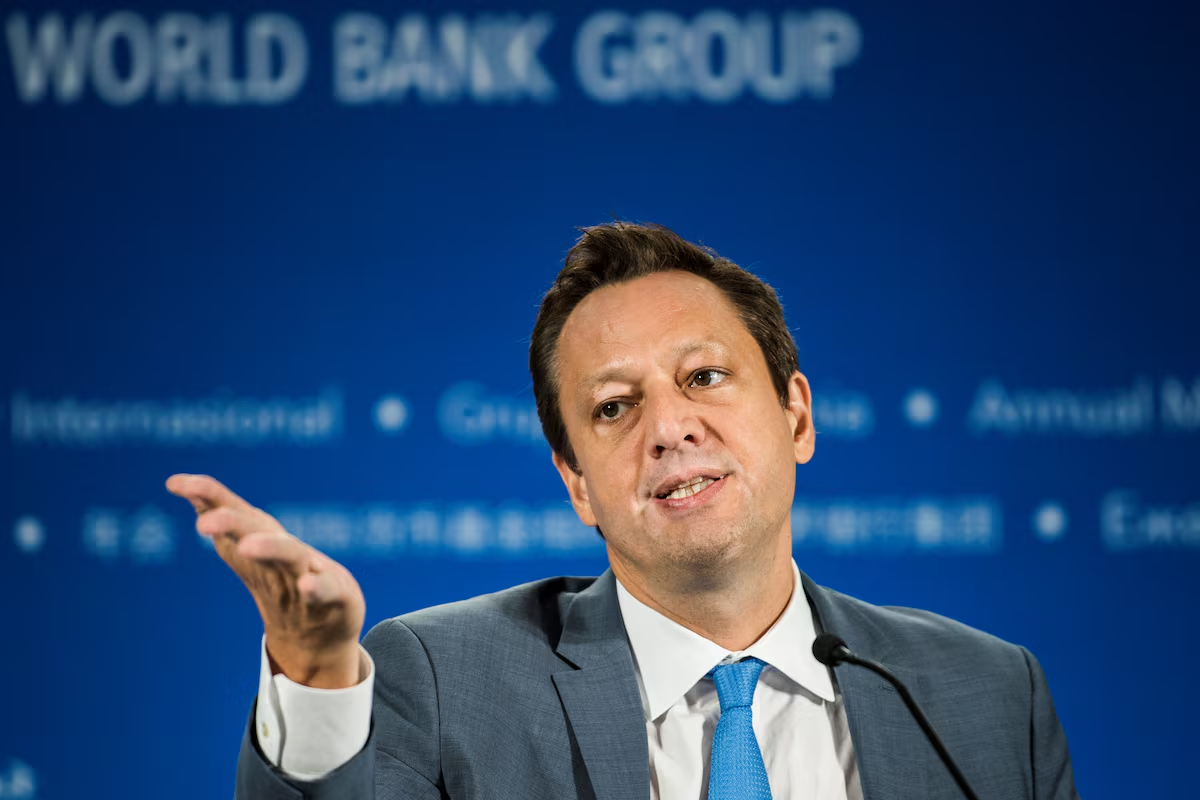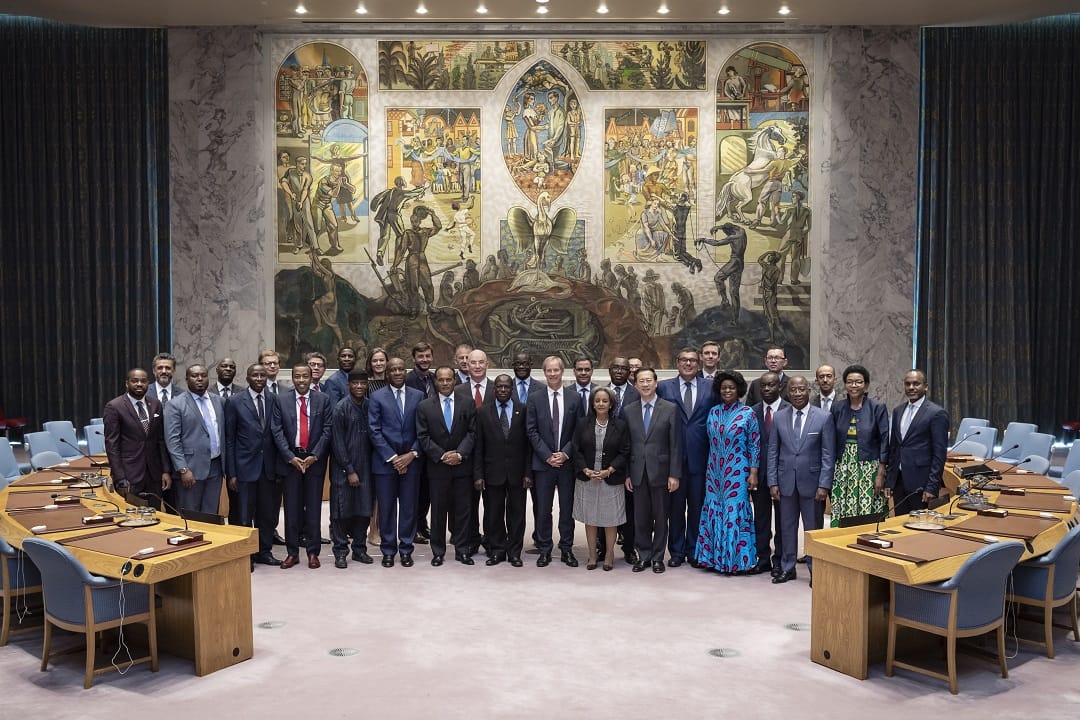
At the “Our Ocean conference” in Athens, leaders from several African countries, including Ghana and Guinea-Bissau, made a series of landmark commitments to combat industrial overfishing, address climate change, and protect their marine ecosystems. These pledges were made during an event co-hosted by Blue Ventures, Le Partenariat Régional pour la Conservation de la zone côtière et Marine (PRCM), Bloomberg Ocean Initiative, and the Organisation of African, Caribbean, and Pacific States (OACPS).
The African countries reaffirmed their dedication to safeguarding Africa’s oceans, unveiling major initiatives such as Ghana’s first marine protected area (MPA) and Guinea-Bissau’s plan to exceed the global 30×30 target, aiming to protect 30% of their oceans by 2030. These bold commitments come as the continent grapples with the dual threats of industrial overfishing and climate change, both of which are threatening vital marine resources and the livelihoods of millions of Africans who depend on the ocean for food and income.
Ghana’s First Marine Protected Area
Mavis Hawa Koomson, Ghana’s Minister of Fisheries and Aquaculture Development, announced the establishment of the country’s first MPA, a 700 km² area rich in biodiversity along its coastal waters. The MPA, which will be managed by local communities, is set to be officially established in 2026. “Between our ongoing commitment to fisheries transparency and this new commitment towards marine conservation, Ghana is demonstrating strong commitment to the conservation and sustainability of its rich marine resources, for the good of the country and its people,” said Minister Koomson.
Guinea-Bissau’s Ambitious Conservation Goals
Viriato Luís Soares Cassamá, Guinea-Bissau’s Minister of Environment, Biodiversity, and Climate Action, presented the country’s efforts to not only meet but exceed the international 30×30 target. Guinea-Bissau has already designated 26.3% of its territory as protected areas, including 12.6% as marine protected areas. Minister Cassamá announced plans to include the Bijagós Archipelago in the UNESCO World Natural Heritage Site list and establish the second Biosphere Reserve in the Cacheu Complex and coastal islands of Geta-Pixice. “We are confident that if we continue on this path, we will not only achieve but significantly exceed the 30×30 target,” said Minister Cassamá.
Combatting Industrial Overfishing and IUU Fishing
Industrial overfishing, pollution, and illegal, unreported, and unregulated (IUU) fishing continue to devastate Africa’s marine ecosystems, resulting in annual losses exceeding US$11 billion. The Fisheries Transparency Initiative (FiTI) has gained momentum in addressing these issues, advocating for enhanced transparency and stakeholder participation, particularly from small-scale fishers in decision-making processes.
Countries like Madagascar and Cabo Verde have made notable progress in improving fisheries governance, advancing to candidate status under the FiTI standard. The Union of the Comoros is also accelerating efforts to join FiTI, with a roadmap to achieve full membership by the end of the year. “We are continuing to step up our efforts to ensure good governance in the fisheries sector by working with the Fisheries Transparency Initiative,” said Houmedi Msaidié, Minister of Agriculture, Fisheries, Environment, Tourism, and Handicrafts in the Union of the Comoros.
Inspiring Action Through Transparency and Collaboration
The Bloomberg Ocean Initiative’s Melissa Wright remarked, “Amidst the challenges of climate change, industrial overfishing, and pollution, it’s inspiring to witness African leaders embracing transparency as an essential tool for ocean governance. We hope that these commitments from African leaders serve as inspiration to leaders across the region and the world to further ocean conservation.”
The Global 30×30 Commitment and Africa’s Role
In 2022, the Kunming-Montreal Global Biodiversity Framework set the ambitious goal of protecting 30% of the world’s oceans and land by 2030, known as the 30×30 target. Well-managed marine protected areas (MPAs) are essential to achieving this target, as they provide crucial benefits such as replenishing fish stocks, boosting local economies, and helping to combat climate change. However, only 17% of Africa’s waters are currently designated as protected areas, underscoring the urgency of the issue.
The new commitments made by Ghana and Guinea-Bissau at the Our Ocean conference mark a significant step toward achieving the 30×30 goal in Africa. By investing in community-led conservation efforts and establishing new MPAs, these countries are setting a powerful example for the continent and the world. As climate change and overfishing continue to threaten marine biodiversity, the importance of these initiatives cannot be overstated.


